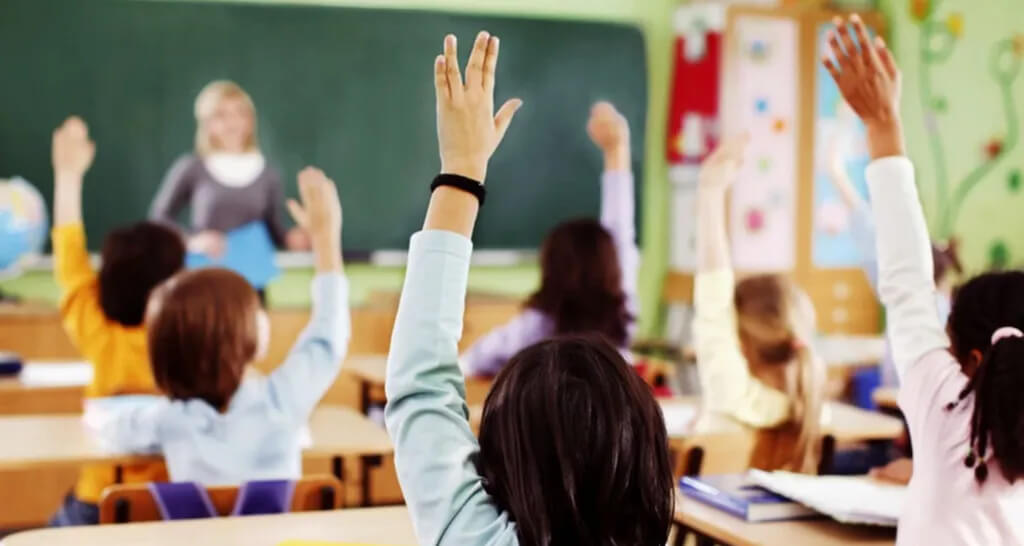Feedback is crucial for improvement. But not every kind of feedback helps in that matter. Proper constructive feedback is highly required to have desired results in improving anyone. Feedback is basically a vigilant act to communicate complex messages well, but not everyone is better at it. Sometimes the receiver doesn’t get the right message and sometimes doesn’t bother to take it all. If you are in a situation to provide feedback to anyone, you must remember that your words are focused on important concerns and impact for betterment.
When you are handling an ESL classroom, you might feel a need to try improving your students’ performance. Other than just teaching, you need to act as a guide by providing constructive feedback for the improvement of the students. When students learn new oral learning styles, they need guiding ways to improve. If students are provided with meaningful feedback constructively, they can vastly get better in their learning and achievement. This way, they can be retained for a longer time and prepared for future competitions.
ESL stands for English as a Second Language. The primary goal of the ESL program is to prepare English language learners to become competent in the listening, reading, understanding, speaking, and writing of the English language by developing academic and literacy skills. ESL classrooms are programmed to teach diverse language skills to non-native English speakers.
Before discussing oral learning strategies for gifted children, let’s find out what oral learning is in the context of an ESL classroom.
What is Oral Learning?
Oral learning is the system where spoken words communicate knowledge, feelings, and ideas. In the context of an ESL classroom, developing oral learning styles implies developing the knowledge and skills used for listening and speaking.
Oral learning emphasizes developing children’s reading and writing skills as they progress with their grade level in school. As they interact with their surroundings and teachers, they will rely on oral learning in all aspects of their education, and they will retain this practice in the future. In this way, oral learning will make children become competent readers and effective communicators and build their sense of well-being and confidence.
Here Are Five Feedback Oral Learning Strategies for Gifted Children of ESL Classrooms
1] Make Your Feedback Concise and Clear
Providing feedback is making someone aware of what needs to be done to get better. When in an ESL classroom, you know the student needs you more when facing difficulty in learning. Make sure your feedback is concise and clear so that the student can understand it exactly and easily. The student must know what you are talking about and what needs to be done to get better.
2] Give Feedback Real-time
Giving real-time feedback is important, as it ensures that every difficulty is being handled correctly without any delay. Providing your students real-time feedback ensures that you as a teacher understand the challenges of students in oral learning and support them with enough facility and tools. Also, the student will get notified of the challenges and will cover them as soon as possible. This further builds their confidence to learn better.
3] Encourage With the Feedback
While giving feedback, make sure you are encouraging the student for his accomplishments and that he can get better further. For this, constructive feedback is crucial where when you mention the drawbacks of the student, you are also identifying and praising him for the things he has done correctly. This will encourage the student to perform better every day.
4] Involve the Student with Performance
Your student must know how he is performing regularly. He must be aware of his performance constantly on his own. Avoid relying on your student on you always for feedback. Don’t settle him in waiting for the feedback and then perform accordingly. The student must be self-promising and self-motivated to improve further. Involve your student in how he is performing and let him assess his performance. This will develop a sense of responsibility in him, and he will not wait for the feedback and will perform on his own.
5] Ensure You are Listening
Feedback is not one-way communication. It needs both parties to put forward their understanding and concerns. Before you start giving feedback, ensure you listen to all that your student has to say. When you listen to your student, it will help them understand their challenge better and will develop a strong relationship with you. Also, you get to understand them better and their needs. It further helps you in how to put forward your feedback.
Conclusion
When dealing with children as their guide, you need more than strategies. The more you use these strategies, the better your guidance is and favorable results will be. Giving positive and constructive feedback and required facilities and support enables the student to improve constantly in the right manner. This article tells you what oral learning is and its feedback strategies, and I hope it helped you answer your all quest. You are good to go now; Good Luck!
